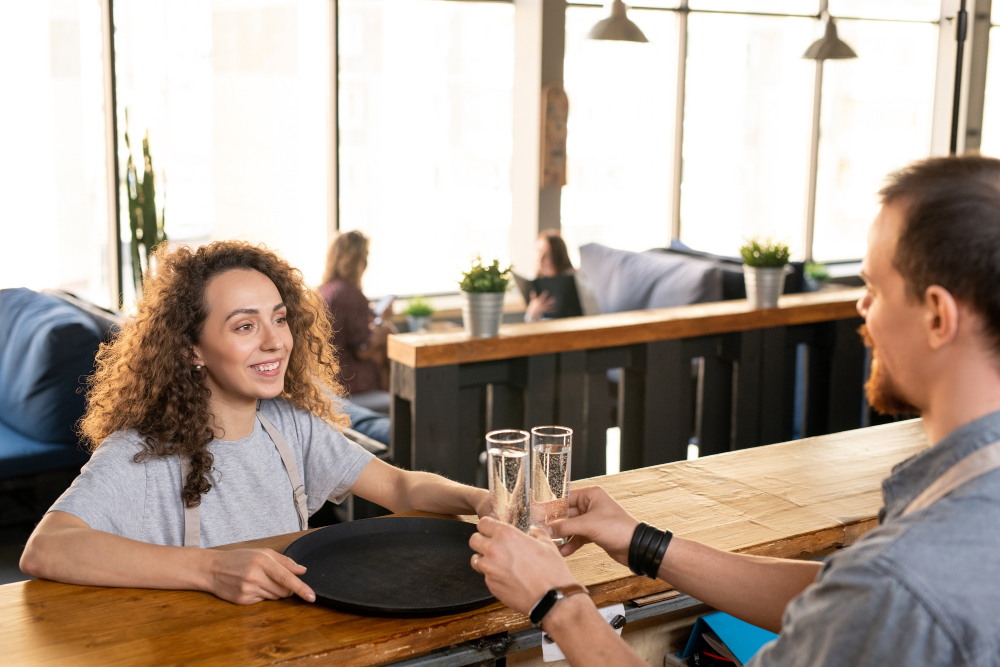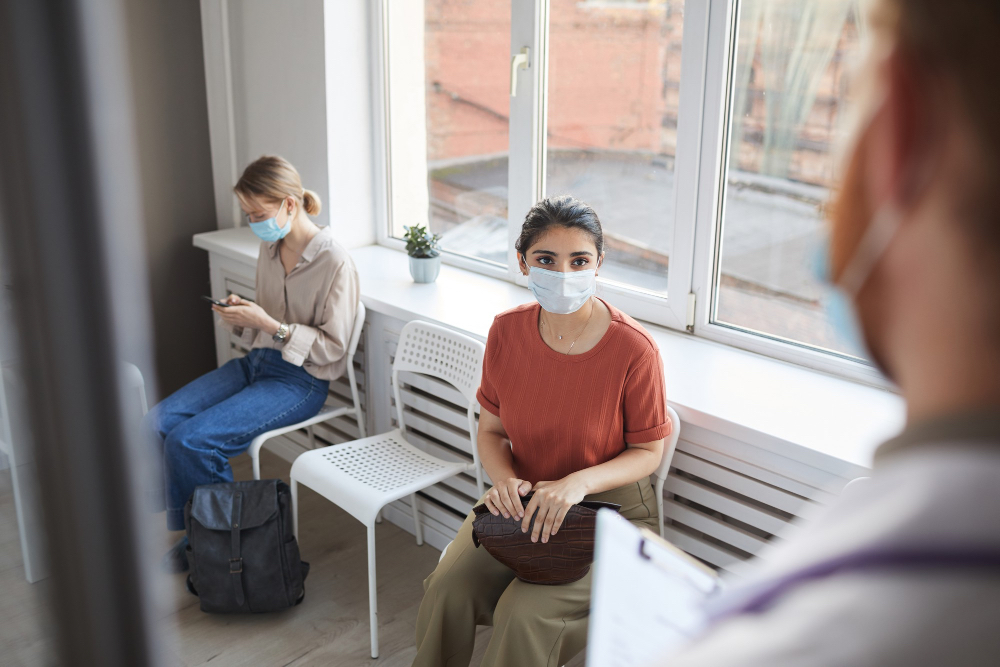Germany, with its rich cultural tapestry, offers a plethora of musical genres that resonate with both history and modernity. For those unfamiliar with German music, diving into this vast ocean can be both exciting and overwhelming. This guide aims to simplify that journey, offering a curated list of recommendations based on popular suggestions from music enthusiasts.
The Allure of German Music
German music is not just about classical maestros like Beethoven or Bach; it’s a blend of traditional tunes, modern beats, and everything in between. From the romantic ballads that tug at your heartstrings to the foot-tapping electronic beats that make you want to dance, German music has it all.
Genres to Dive Into
- Love Songs: Experience the depth of emotions with German love songs. Their heartfelt lyrics and soulful melodies are sure to leave an impression.
- Protest Songs: Understand the socio-political landscape of Germany through its protest songs. These tracks often reflect the sentiments of the masses and offer a unique insight into German society.
- Girl Power Songs: Celebrate empowerment and resilience with German anthems dedicated to strong women.
- Punk and Hip-Hop: Explore the edgier side of German music with punk rock and hip-hop. Raw, rebellious, and real, these genres offer a different flavor of German music.
- Electronic Music: Berlin, the heart of Germany, is known globally for its electronic music scene. Dive into the world of techno beats and immerse yourself in the energetic rhythms of German electronic music.
- Pop Music: If you’re looking for catchy tunes and memorable melodies, German pop music won’t disappoint.
Iconic German Songs and Artists
While the world of German music is vast, here are some iconic songs and artists that are a must-listen:
- “99 Luftballons” by Nena: A classic pop song that even made its mark internationally. Its catchy tune is sure to stay with you.
- Rammstein: A name synonymous with German rock, Rammstein’s powerful compositions and performances are legendary. Their music, often intense and profound, offers a deep dive into the world of German rock.
Exploring Beyond the Mainstream
While mainstream music offers a glimpse into German culture, diving deeper can lead to some hidden gems:
- Indie Bands: The German indie music scene is vibrant and offers a fresh perspective on music. Exploring this genre can lead to some delightful discoveries.
- Folk Music: Traditional German folk music, with its instruments and unique melodies, offers a trip down history lane. It’s a must-explore for those interested in understanding the roots of German music.
Conclusion
German music, with its rich heritage and modern innovations, offers something for every music enthusiast. Whether you’re a fan of soulful ballads, energetic beats, or traditional tunes, German music promises a melodic journey like no other. So, put on your headphones, create a playlist, and let German music take you on an unforgettable journey.



